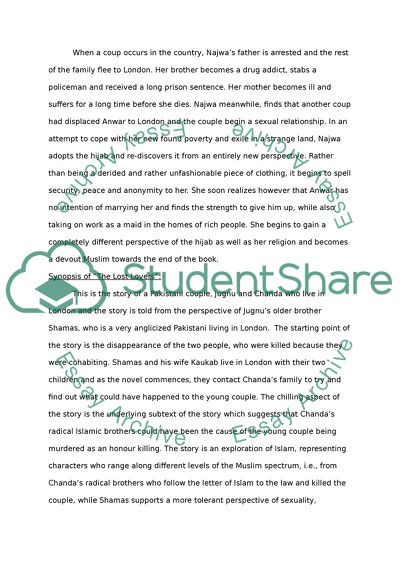Cite this document
(The Muslim Experience Book Report/Review Example | Topics and Well Written Essays - 2750 words, n.d.)
The Muslim Experience Book Report/Review Example | Topics and Well Written Essays - 2750 words. Retrieved from https://studentshare.org/literature/1736553-imaginary-homelands-literature
The Muslim Experience Book Report/Review Example | Topics and Well Written Essays - 2750 words. Retrieved from https://studentshare.org/literature/1736553-imaginary-homelands-literature
(The Muslim Experience Book Report/Review Example | Topics and Well Written Essays - 2750 Words)
The Muslim Experience Book Report/Review Example | Topics and Well Written Essays - 2750 Words. https://studentshare.org/literature/1736553-imaginary-homelands-literature.
The Muslim Experience Book Report/Review Example | Topics and Well Written Essays - 2750 Words. https://studentshare.org/literature/1736553-imaginary-homelands-literature.
“The Muslim Experience Book Report/Review Example | Topics and Well Written Essays - 2750 Words”. https://studentshare.org/literature/1736553-imaginary-homelands-literature.


